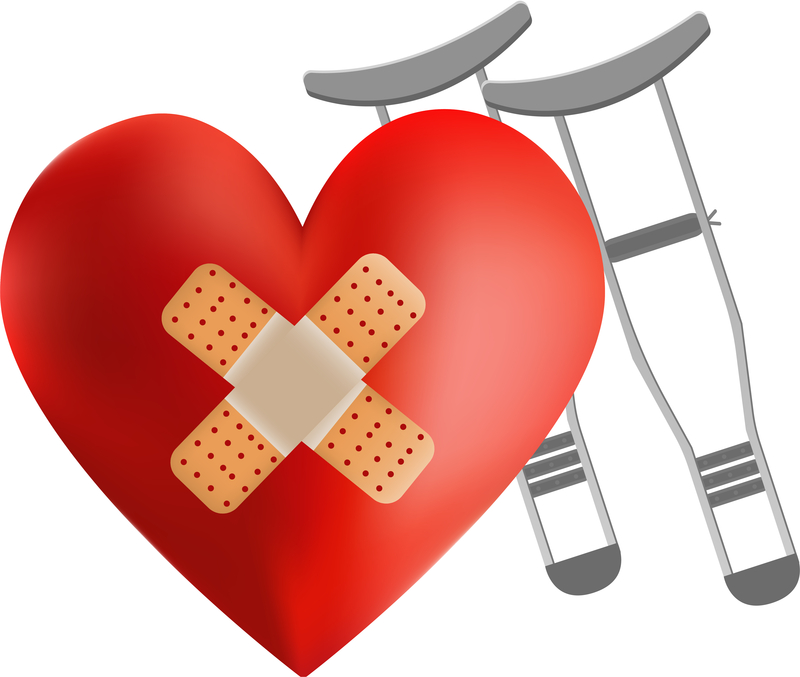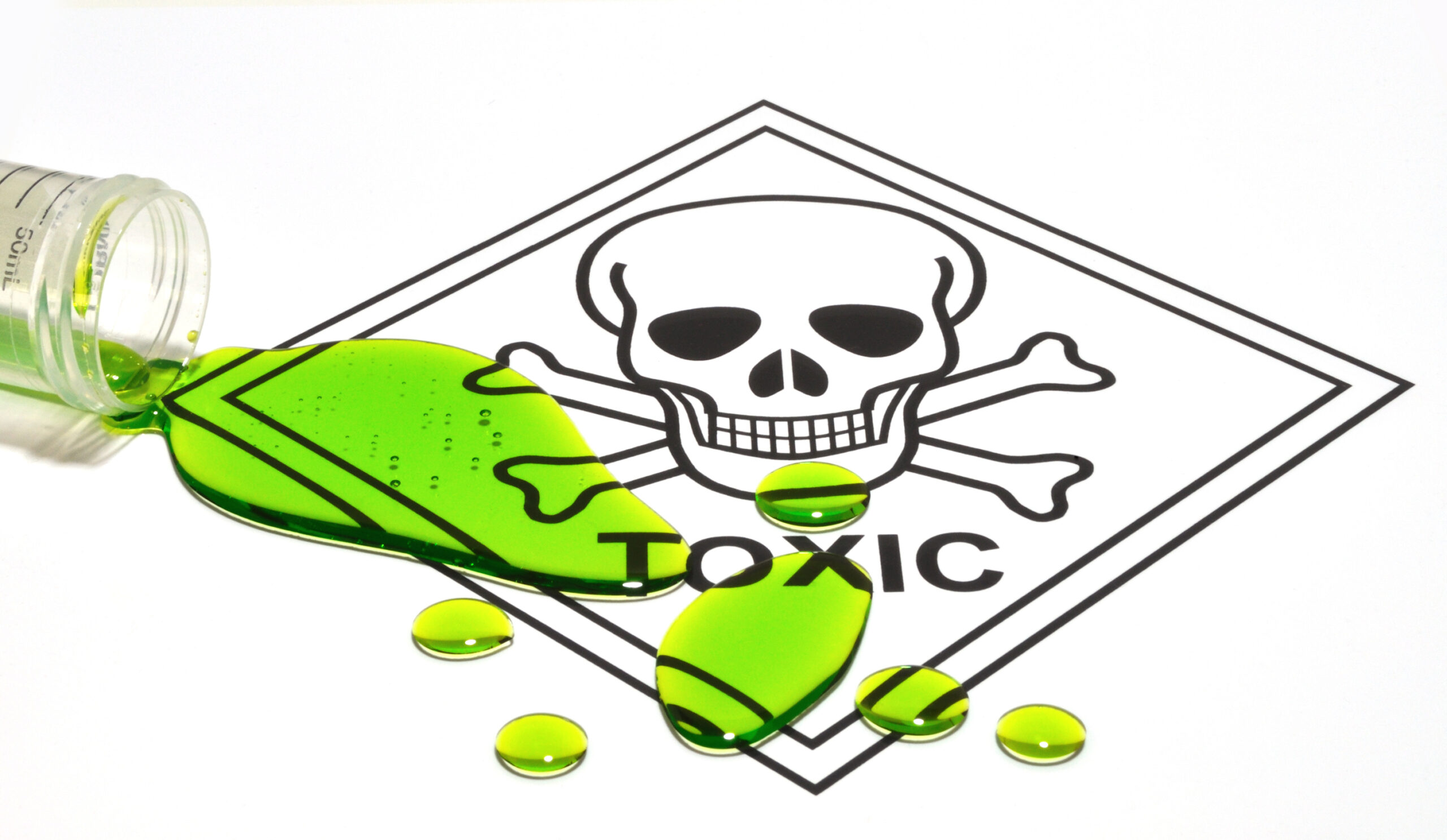
by Terry Levy | Oct 1, 2016 | Psychology, Trauma
It is well known that trauma has many negative effects on children and adults, including PTSD, depression, medical conditions and substance abuse. An alternative perspective, however, is that trauma can result in positive outcomes. Individuals can experience positive...
by Evergreen Psychotherapy | Jul 14, 2016 | Psychology, Trauma, Uncategorized
Bad parenting and child abuse have long-reaching consequences, but there is a way to heal. Sherry Hamby, Ph.D., outlines in an article at Psychology Today that that among the best ways to heal is to tell one’s story of abuse: “Telling your own story can...

by Terry Levy | Feb 22, 2016 | Parenting, Trauma
Resilience means “bouncing back” from adversity. The primary factor in resilience is having supportive and caring relationships that include trust, love, dependability, healthy role models, encouragement, and reassurance. Nurturing relationships between parents and...

by Terry Levy | Sep 23, 2015 | Theory & Research, Trauma
A landmark research project over the last 20 years, the Adverse Childhood Experiences study, assessed thousands of adults’ physical and emotional well-being, then asked them about their childhood traumas: abuse, neglect, family dysfunction, and attachment. They found...

by Terry Levy | Jun 24, 2015 | Trauma
It is common for children and adults with histories of maltreatment, trauma, and compromised attachment to avoid painful memories and reminders of prior negative experiences. Although such avoidance reduces anxiety in the short term, in the long run it maintains fear,...

by Terry Levy | Jun 24, 2015 | Psychology, Trauma
It is well known that trauma has many negative effects on people, including PTSD, depression, medical conditions, and substance abuse. An alternative perspective, however, is that trauma can result in positive outcomes. Individuals can experience positive changes in...






